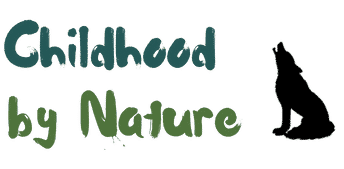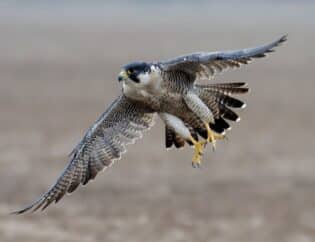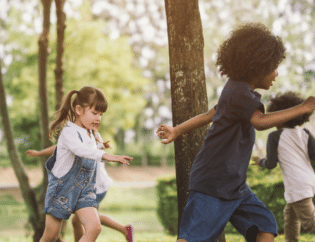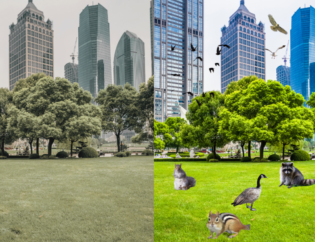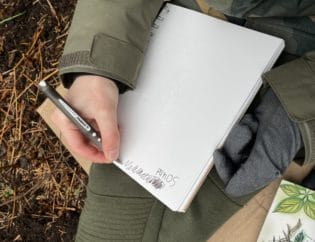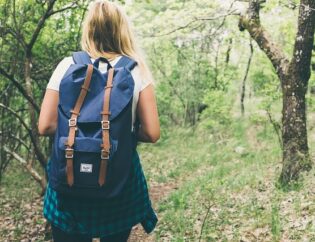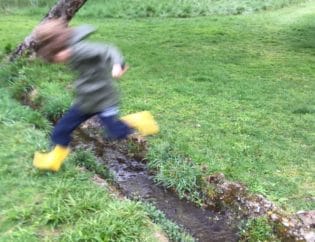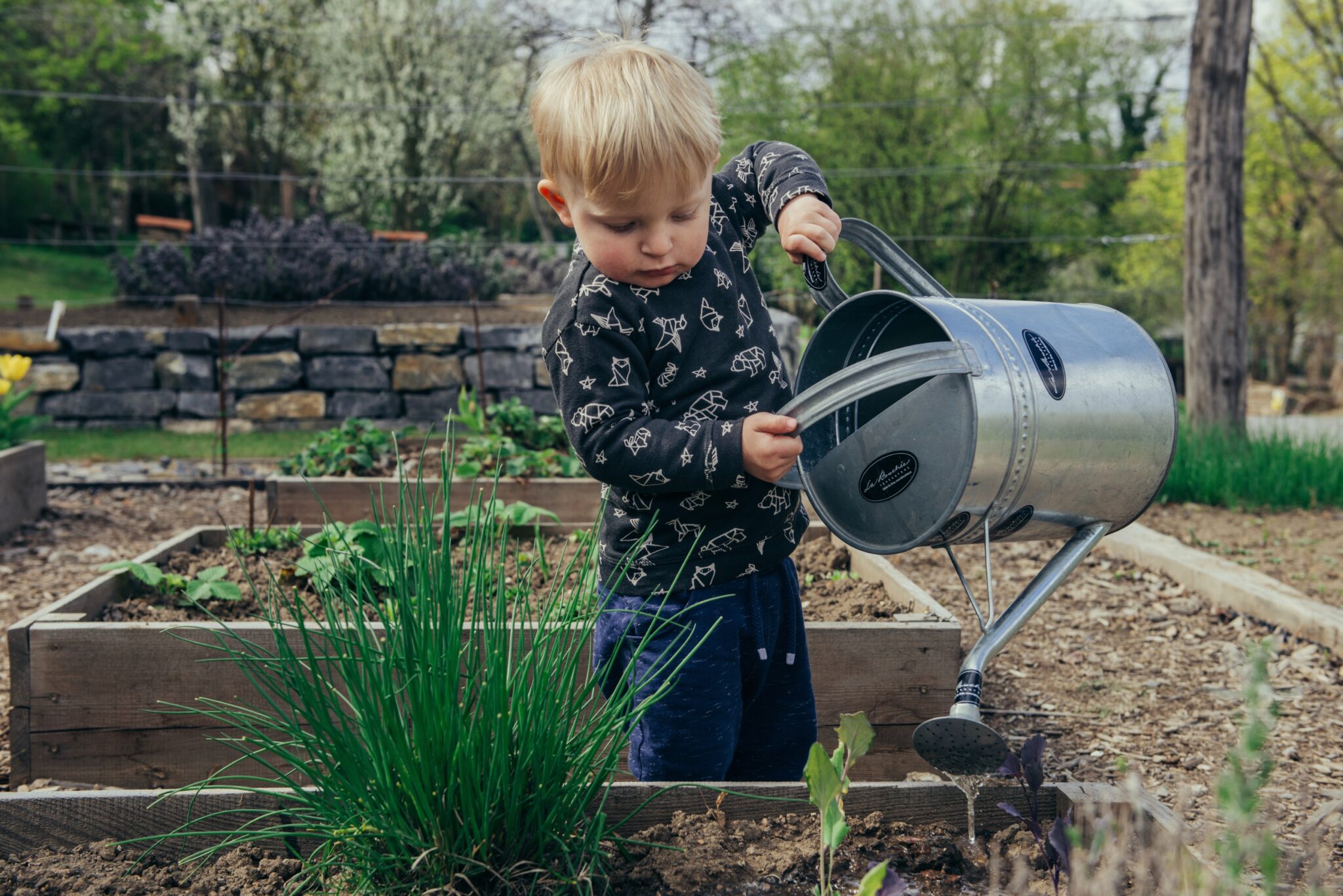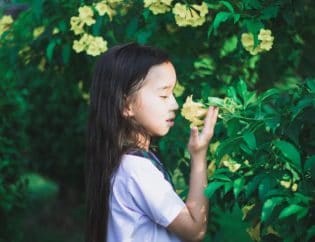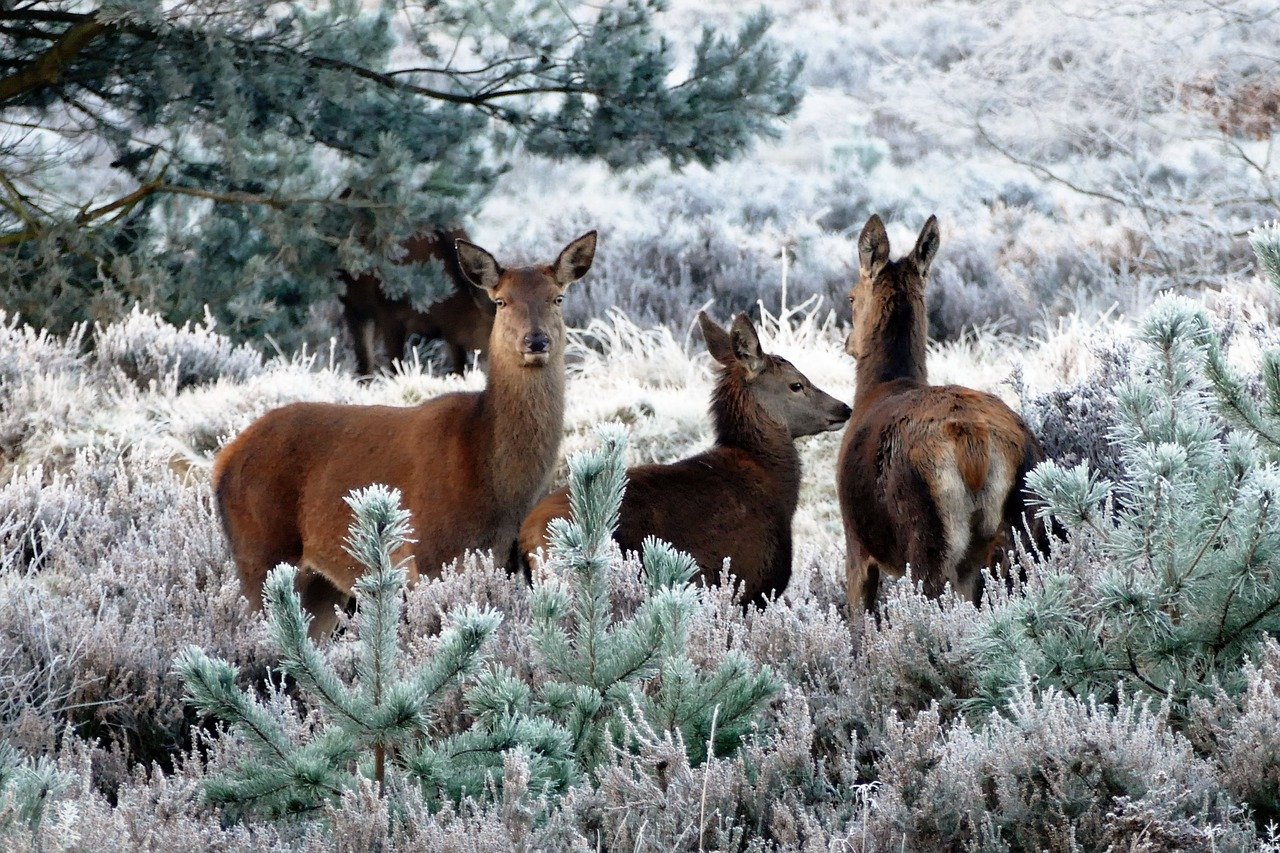
One of the most important skills a child can develop as a naturalist is their sensory skills. Nature in a city goes to a lot of lengths to go undetected. So, one of the ways to find nature and wildlife in a city is to tune up young naturalist super senses.
What do I mean by young naturalist super senses? Senses are how the body processes information from the environment. Senses like sight, touch, hearing, and smell and habits like stillness, patience, observation, and commitment help you understand the world. You use many of these senses already. But they’ll need to be leveled up to observe nature.
Here's an excerpt from our new book, City Safari, designed to help your young naturalist develop their super senses:
Choose a good habitat to observe. This should be a natural but quiet setting, such as a park, backyard, pond, or garden you can easily return to. Good habitats to start with are wet places or places where land and water meet. Don't forget to choose a good sitting spot, too!
Tune out distractions to tune into nature. The city's soundtrack is loud—traffic, people, construction, sirens, music, etc. It can be hard to ignore these. Hopefully, you've chosen a quiet spot in nature where you will be far from many of these sounds. You can quiet your mind by focusing on your breathing instead of external noise. This sounds tough, but you'll get better at it with practice.
Quiet your body. When scientists study animals in the wild, they have to make their bodies very quiet, moving slowly, almost silently, so they do not disturb the animals or alert them of their presence. You must do the same if you want to make good-quality wildlife observations. When outside in nature, practice walking and sitting as quietly as possible. Try to imitate your indoor cat (if you have one) or a fox.
Open up your senses. Being a good naturalist means using your senses to take in the natural world's sights, sounds, smells, and feels. You will have to open up your ears fully, widen your eyes, and feel with more sensitivity than you are used to. Listen closely to isolate the raspy call of a Red-Winged Blackbird when you are near an urban pond or marsh. Focus on the coos of pigeons in parking garages. Rather than walking past a tree, feel its bark, touch its leaves, smell its leaves. Look for pollinators whizzing past flowers.
Observe closely. Most of us can use some practice with our observation skills. But unlocking the power of observation unveils a powerful world ready to be discovered around us. Good observation in nature means paying attention to unique features such as patterns, colors, sizes, holes, spots, and shapes. Put all of your senses into play, paying attention to different sounds, smells, or feelings. Some great advice for nature observation comes from naturalist Rachel Carson in her book The Sense of Wonder, where she writes, “One way to open your eyes to unnoticed beauty is to ask yourself, ‘What if I had never seen this before? What if I knew I would never see it again?’”[i]
Return often. Returning to your observation spot weekly, monthly (or more frequently) throughout the year should be fun and fascinating to note how the wild population changes.
Be patient. It's just as important to be patient as you wait for nature to emerge.
Try to keep in mind that a naturalist's observations go beyond describing how the organism looks. When tuning into your natural environment, consider how other organisms in the local environment may have affected others. For example, have insects created holes in a leaf you can see? Has the moisture in the soil or shade of the tree allowed a mushroom to grow where it sits? Thinking like an ecologist means thinking about relationships between organisms. After all, nothing in nature exists in a vacuum. Look for behaviors, weather conditions, nearby species, bodies of water, wind patterns, location of nearby critters, or other clues.
If you work on these super senses, just like a professional naturalist, you will start to notice nature in places you’ve never seen it before.
Bonus Tip:
Developing your naturalist super senses can be especially empowering for children who experience sensory processing challenges. Some young naturalists notice the world more intensely—or in different ways—than others. If you want to learn how nature can help support sensory processing and build confidence in kids’ sensory abilities, check out Sensory Processing Disorder? It’s a Natural Fix! for practical strategies and ideas.
[i] Carson, Rachel, 1907-1964 and Charles Pratt. 1998. The Sense of Wonder. New York, HarperCollins Publishers.
